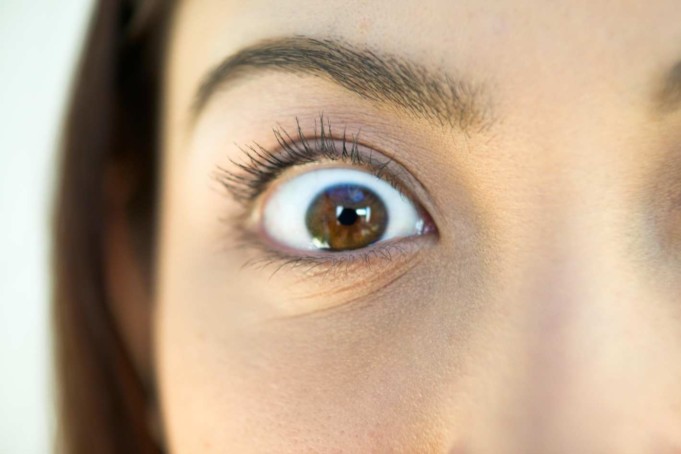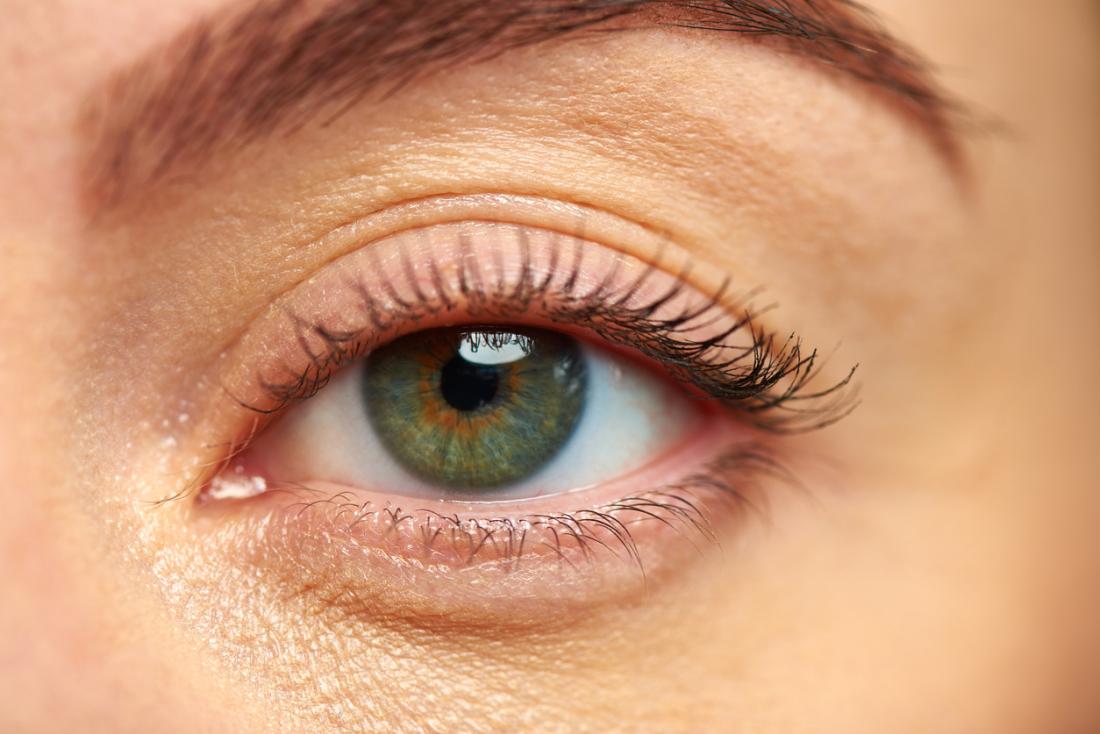The first time I experienced eye twitching, I thought I had a worm walking in my eyelid. This is exactly what a lot of people think about eye twitching, but that is far from what it is.
Eye twitching is simply the twitching of an eyelid — and it is both common and harmless.
Most cases of eye twitching last only a couple of minutes, but there are times an eyelid twitch may persist for a few days or even longer. While you can overlook an eye twitch, If you have one that does not go away within a few minutes, make sure to see an eye doctor.
There is a medical term for eye twitching known as myokymia.
If you notice that you have eye twitching that refuses to go away, this could be a sign of a severe neurological condition that affects the eyelid — such as a hemifacial spasm or a blepharospasm
These two relatively rare medical conditions are usually more obvious and severe than the common causes of eye twitching. Thus, they must be evaluated immediately by an eye doctor so that the right steps can be taken to fix the issue.
What are the causes of eye twitching?
The most common triggers of eye twitching include:
Simple fixes for eye twitching
Avoid or learn to manage Stress
Stress is almost unavoidable in today’s world especially because we have so much to do every day and too little time to do then. Stress is likely the most common reason why people deal with eye twitching.
Some of the best ways to combat stress include yoga, breathing exercises, going for a massage, engaging in hobbies, spending quality time with friends or a pet and even getting some more downtime into your schedule. These activities may help to reduce the frequent occurrence of eyelid twitch.
Manage fatigue
Lack of sleep or too little of it, whether as a result of stress or some other factors, can trigger episodes of eye twitching.
It may not be easy, but catching up on your sleep naturally and having a stable sleep schedule can help you avoid eye twitching.
Reduce eye strain
Eye strain — most especially digital eye strain from the excess use of phones, computers, and tablets — can also be a common cause of twitching eyelids.
You can follow the “20-20-20 rule” when you use the digital devices: For every 20 minutes, you spend looking at your screen, look away from your screen for another 20 minutes and let your eyes focus on any distant object for another 20 seconds or even longer. This reduces fatigue that may cause eye twitching.
Also, you can ask your eye doctor about getting computer eyeglasses to help reduce digital eye strain.
Reduce or avoid Caffeine
Most of us begin our day with a cup of coffee. However, too much caffeine can lead to eye twitching.
If you try to cut back on your tea, coffee, and soft drinks intake (or switch to some decaffeinated versions of drinks) for one week or two weeks and see if the eye twitching will stop.
Reduce or stop alcohol consumption
If you notice your eye twitching comes immediately after drinking beer, wine or any form of liquor, try to abstain from such drinks for a while, since the consumption of alcohol may lead to eyelids twitching.
Dry eyes
Many adults suffer from dry eyes, especially after they cross the age of 50. Dry eyes are also very common amongst individuals who use computers very often, take some specific medications (especially antihistamines and some types of antidepressants), people who wear contact lenses and those who consume caffeine and/or alcohol.
If you notice a twitching eyelid and you have eyes that feel gritty or dry, make sure to see your eye doctor for an eye evaluation.
Simply restoring moisture to the surface of your eyeballs may reduce or completely stop the eye twitching and lower the risk of future eye twitching.
Nutrition problems
Some reports suggest a lack of certain nutritional elements, such as magnesium, can trigger eyelid spasms. Although these reports are not conclusive, this may be another possible cause of eye twitching.
If you are worried that your diet may not be providing you with all the nutrients that you need for healthy vision, you may discuss this with any good eye doctor before you go ahead to purchase any over-the-counter nutritional supplements.
Allergies
People who deal with eye allergies can suffer itching, watery eyes and swelling. Rubbing your eyes often due to symptoms of an allergy because of allergy causes a release of histamine into your eyelid tissues and your tear film, and that may cause eye twitching.
Sometimes, the over-the-counter eye drops are specifically formulated to reduce allergy symptoms and can be helpful. But antihistamines in these eye drops can cause dryness in the eyes.
It is best that you consult an eye doctor to make sure you are doing the right activities for your eyes if you have been experiencing any form of allergic symptoms and eye twitching.
Other easy ways you can stop eye twitching:
Botox
In some rare cases, stubborn eye twitching just refuses to go away, despite working with all of the remedies above.
Persistent or constant eyelids twitches can be fixed using Botox injections as a way to stop the repeated involuntary muscle contractions in your eyelid that is responsible for the twitching.
When to go see an eye doctor?
Twitching is a very normal thing, but it shouldn’t be constant with no stopping. See your eye doctor immediately if you notice that you have persistent eye twitching, or there is a sudden change in the appearance or the movement of the half of your face (this includes your eyelids).
You should also complain if both eyelids clamp down so tight at any time that it becomes impossible for you to open your eyes. Such a thing can be a sign of a serious underlying condition.
Important note: The belief that eye twitching means there is a worm living in your eyes is a myth, and almost everyone has experienced eye twitching.
Rubbing an onion slice on your eyelid is also not an advisable way to stop eye twitching.













